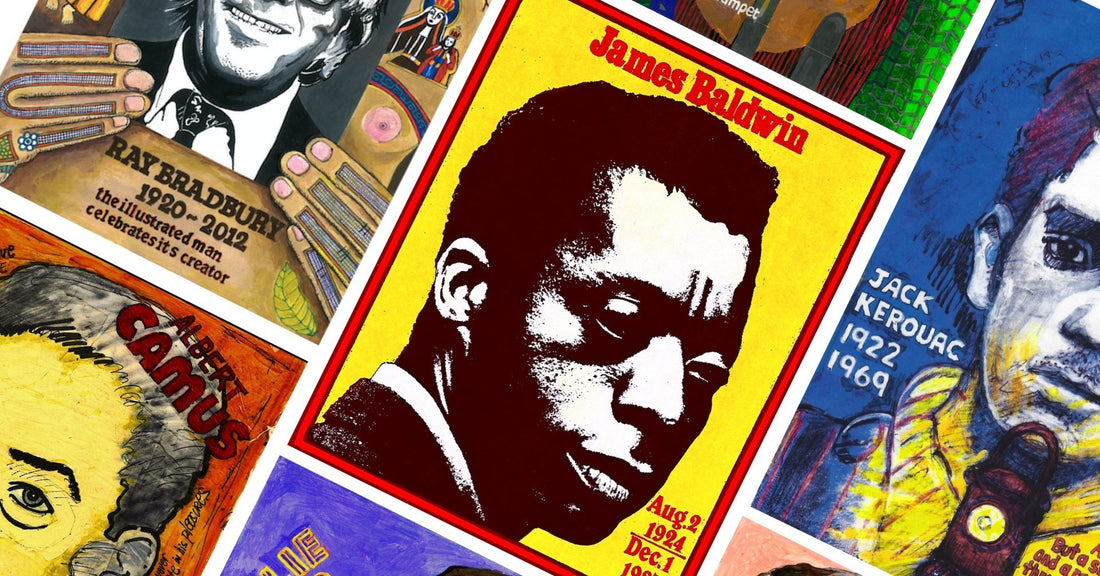
James Baldwin: The Best of
Share
James Arthur Baldwin
Born on August 2, 1924, in Harlem, New York, James Baldwin was exposed to the multicultural diversity of the U.S. at an early age. The oldest of nine children and growing up in poverty, Baldwin recalls
"know[ing] I was black, of course. but I also know I was smart. I didn't know how I would use my mind, or even if I could, but that was the only thing I had to use."
After working an odd number of jobs including being a preacher and railroad worker, Baldwin settled as a freelance writer in the Greenwich Village.
”Anyone who has ever struggled with poverty knows how extremely expensive it is to be poor.”
Having lived a life of racial tension thus far, James Baldwin decided to take a step back and move to Paris where he hoped to find enough distance to write about the racial issues in America.
In 1957, Baldwin returned to the states to cover the Civil Rights movement, soon becoming a figurehead and spokesman during a crucial point in the social climate of mid-twentieth-century America. Baldwin’s work served as an important commentary in the backdrop of the Civil Rights Movement, he was one of the leading literary voices for the movement, standing alongside the likes of Martin Luther King.
”I love America more than any country in this world, and, exactly for this reason, I insist on the right to criticize her perpetually.”
James Baldwin was one of the first to voice the concerns many people chose to ignore, he shed light on the most uncomfortable and portrayed it in a way people could easily relate to and understand.
"All of the western nations have been caught in a lie, the lie of
their pretended humanism
This means their history has no
moral justification and that the west has no moral authority"
James Baldwin believed in a world where we were all united, and free.
”From my point of view — no label, no slogan, no party, no skin color, and no religion is more important than the human being.”
Martin Rosenthal first discovered and fell in love with Baldwin after reading “The Fire Next Time”. Inspired, Marty created a design after him, whereas many would create something called "decorative art", Marty created “substantial art". Substantial art revolves around delivering a feeling deep within, beyond the surface, something that truly encapsulates and speaks the heart of James Baldwin.
Freedom is not something
that anybody can be given.
Freedom is something people take,
and people are as free as they want to be.




